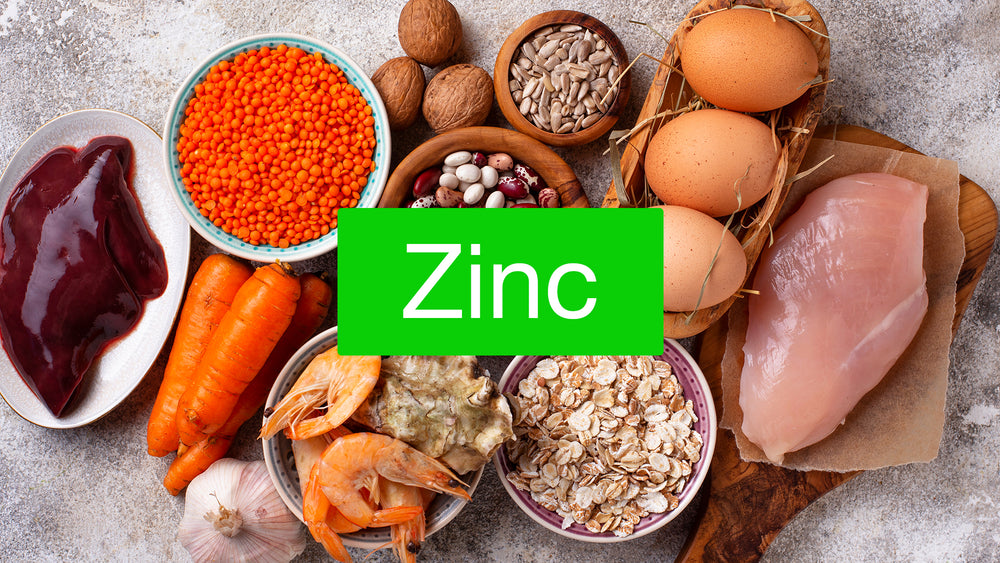About 86 percent of the money spent on healthcare in America goes to people with chronic health problems. Preventing or controlling diabetes, arthritis, cardiovascular disease and other conditions will save individuals (and employers that pay for healthcare) lots of money.
Always choose fresh, whole foods, and learn to cook at home instead of eating most of your meals in restaurants. Watching your calorie intake is important, but you should also take care to include a mix of food groups and nutrients in your daily meal plans. Follow the recommendations on the USDA’s Choose My Plate website.

Vegetables and Other Phytonutrient-Containing Foods
Fresh vegetables and freshly made vegetable juice have been shown to slow the aging process. Veggies help keep your body at its proper alkaline pH level to guard against disease. Many veggies (like cucumbers, for example) contain lots of water, so they fill you up and prevent you from overeating.
Veggies, (especially wheatgrass, kale, spinach and broccoli) are filled with antioxidants and nutrients. Replenishing your body with potassium, magnesium, Vitamin C, Vitamin K, Vitamin A and fiber will prevent the acidic conditions that may cause cancer and other life-threatening illnesses.
Eating more green veggies, as well as carrots, beets, mushrooms, tomatoes, onions and eggplants will detoxify your blood and reduce free radical damage. The nutrients in vegetables reduce the chance of disease-causing inflammation.
Phytonutrients are antioxidants that form in plants. They guard plants against UV radiation insects and toxins. Other phytonutrient rich foods include:
- Garlic
- Chives
- Legumes
- Squash
- Sweet Potatoes
- Green, black and herbal tea
- Dark chocolate
Alkaline and Acidic Foods
A low-quality diet of processed foods, high-sugar and high-salt snacks, soda, and alcohol will create a highly acidic pH in your body. Your blood should be alkaline, with a pH of 7.35 to 7.45.
You should eat more alkaline foods, such as oranges, bananas, pineapples, vegetables, eggs, peppers, cashews, wheatgrass, wild rice, cabbage, avocados, almonds, and apple cider vinegar.
Eat fewer acidic foods to maintain an alkaline pH. Beef, shellfish, chicken, white rice, plums, cranberries, veal and corn are examples of acidic foods.

Vitamins from A to K
It’s a good idea to take a daily multi-vitamin if you don’t have time to prepare your own meals, as you can never really know what nutrients are in restaurant or take-out food. For the best health benefits, you should buy and cook your own food at home, so you know exactly what you’re eating, nutrient and calorie-wise.
Here’s some information about vitamins, how they keep you healthy, and which foods contain them.
Fat soluble vitamin A can help prevent age-related macular degeneration. Eating foods rich in beta-carotene can help prevent prostate or lung cancer. You’ll find Vitamin A in leafy green vegetables, fruits, salmon, dairy products and fortified breakfast cereals. People with cystic fibrosis and premature infants should consume more Vitamin A.
B-Complex vitamins are eight vitamins you need for energy, nerve and muscle function, a healthy heart and formation of red blood cells.
The B vitamins are:
Vitamin B1(Thiamin), which fosters glucose metabolism and helps heart, muscle and nerve function. You can get almost all of your Vitamin B1 from fruits, vegetables, beef, pork nuts and whole grains.
Water-soluble Vitamin B2 (Riboflavin) helps absorb other nutrients and maintain your tissues. It keeps prevents cataracts, and keeps eyes, skin, nerves and muscles healthy. Riboflavin is water soluble, so it leaves the body fairly quickly. You’ll find Vitamin B2 in eggs, fish, meat, poultry, dairy products, peas, nuts, mushrooms, pumpkin, and molasses.
Vitamin B3 (niacin) is necessary for converting food into energy. It keeps your hair and skin youthful looking and maintains your nervous system. Prescription niacin is sometimes used to control cholesterol. Brown rice, turkey breast, chicken breast, dry roasted peanuts and salmon are just a few niacin-rich foods.
Water-soluble Vitamin B5 (pantothenic acid) breaks down carbohydrates and fats. It’s necessary for forming stress and sex hormones, as well as red blood cells. You can find Vitamin B5 in most whole foods, including pork, beef, chicken, legumes, egg yolks, most vegetables, wheat germ, and sunflower seeds.
Vitamin B6, or pyridoxine, helps prevent anemia, heart and blood vessel disease, stroke and high blood pressure. You’ll find Vitamin B6 in eggs, bread, fish, vegetables, pork and oatmeal, among other foods.
Biotin is used to cure brittle nails, thinning hair and depression. You’ll often see biotin listed as an ingredient in shampoo, hair care products and skin care products. You can get biotin naturally through bananas, milk, eggs, salmon, sweet potatoes and liver.
Folate or Folic Acid (Vitamin B9) is found in many foods, including vegetables, fruit and eggs. It helps form red and white blood cells in bone marrow, lowers depression risk, and improves heart function. Folate is also necessary to guard against birth defects.
Vitamin B12 is perhaps the most “famous” of all B vitamins. It’s available in many foods, as a prescription or non-prescription supplement, or as an injection from a doctor or clinic. Vitamin B12 is essential for energy, red blood cell formation, good eyesight, bone health, heart function and healthy skin and nails.
Foods containing Vitamin B12 include tuna, clams, beef liver, milk, yogurt, cheese, eggs, trout, ham, and chicken breast, Vegans and vegetarians may be at risk of anemia if they don’t take a B12 supplement, as most foods containing B12 are from animal sources.
Vitamin C is available in many foods, including fruits, fruit juice, broccoli, red pepper, and cabbage. Eating enough Vitamin C helps prevent colds, strokes, and reduces the chance of macular degeneration. It may also reduce your risk of certain types of cancer.
Unfiltered sunlight is the main source of Vitamin D, so be sue to go out in the sun without sunscreen for ten to 15 minutes a day before ten a.m. or after three p.m. Vitamin D guards against depression, helps you absorb calcium, and promotes bone growth.
Salmon, tuna, egg yolks, mushrooms, sardines and cheese are a few of the foods containing Vitamin D.
Vitamin E is an antioxidant that protects your body from toxins in the environment and guards against viruses and bacteria. Green vegetables, nuts, corn and vegetable oils are excellent sources of Vitamin E. Consuming enough Vitamin E lowers your risk of cancer, heart disease and cognitive decline.
Vitamin K promotes a healthy heart, cognitive function and blood clotting. Eat leafy green vegetables, fruits, eggs and “natto”, a fermented soybean dish from Japan, to get enough Vitamin K.

Eating for Health
Nutritional Genomics shows how food affects your genes and overall health. Our tendency to develop certain diseases is partially due to hereditary, but we can avoid or reduce illness by eating good food and changing our lifestyle.
Nutrient deficiencies and toxins like food preservatives and colorings damage cells and may lead to cancer and other diseases.
There’s no such thing as a generic “perfect diet” that applies to everyone. A personalized meal plan can address your specific nutritional issues.
Wheatgrass is One of the Best Alkaline Foods
Wheatgrass has hundreds of vitamins, minerals and enzymes, and it’s considered a superfood by many experts. However, you need to take wheatgrass as a supplement – you can’t cook it like other nutritious green plants.
Wheatgrass has all of the vitamins mentioned above, plus potassium, magnesium, zinc, iron, sodium, selenium and other minerals needed to keep you healthy and happy naturally.
Wheatgrass Love offers three wheatgrass supplements – REVV Natural Energy Wafer, for better cognitive function and more energy for everyday tasks; Zeal O2, for natural weight loss, and Happy Girl, to balance your mood and relieve anxiety without prescription drugs.
A diet of good food, along with a wheatgrass supplement, goes a long way toward better health and reduces the need for expensive prescription medication. Replace processed foods with fresh, whole food, and you’ll avoid the cost -and side effects- of prescription drugs.
















